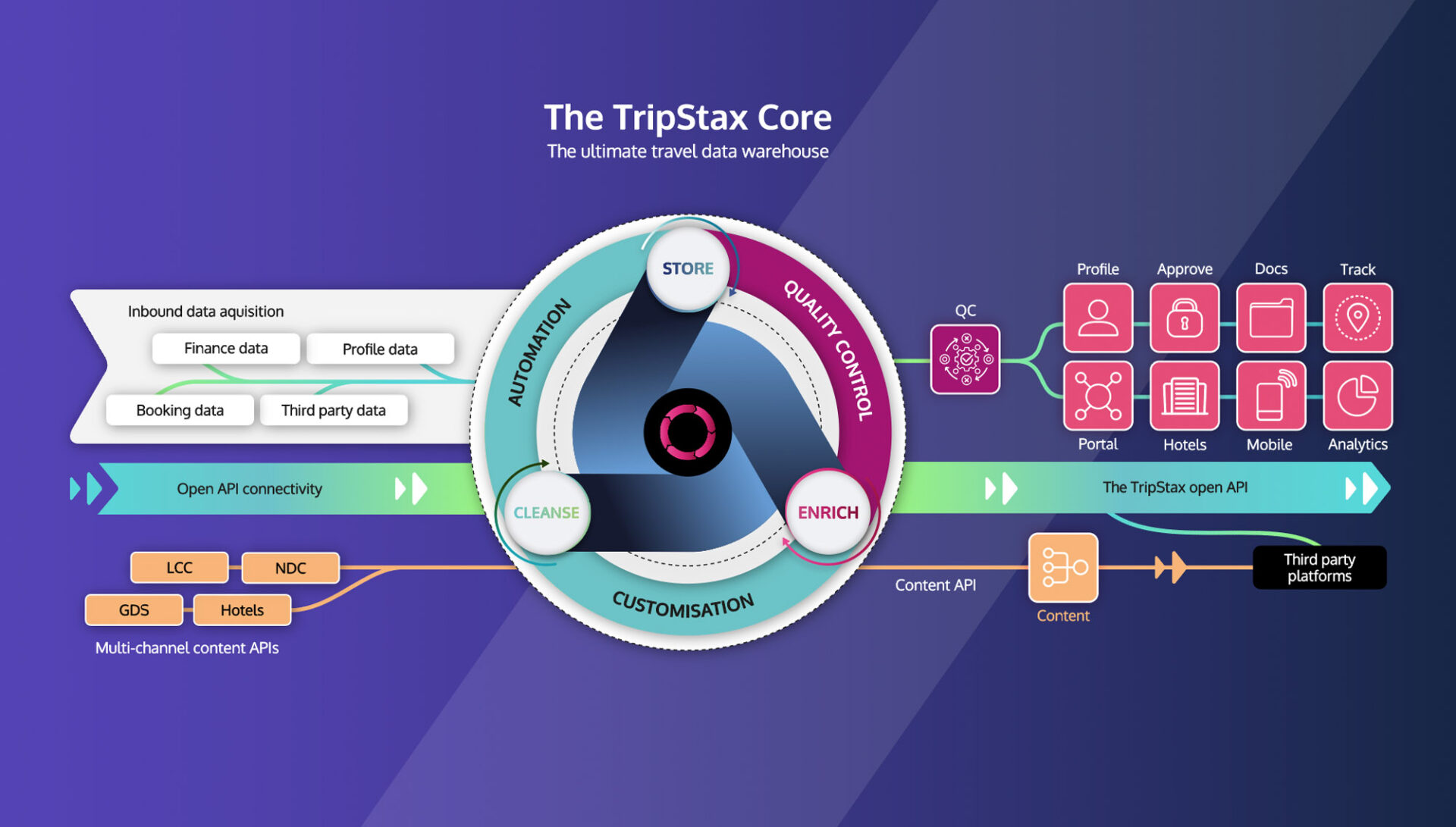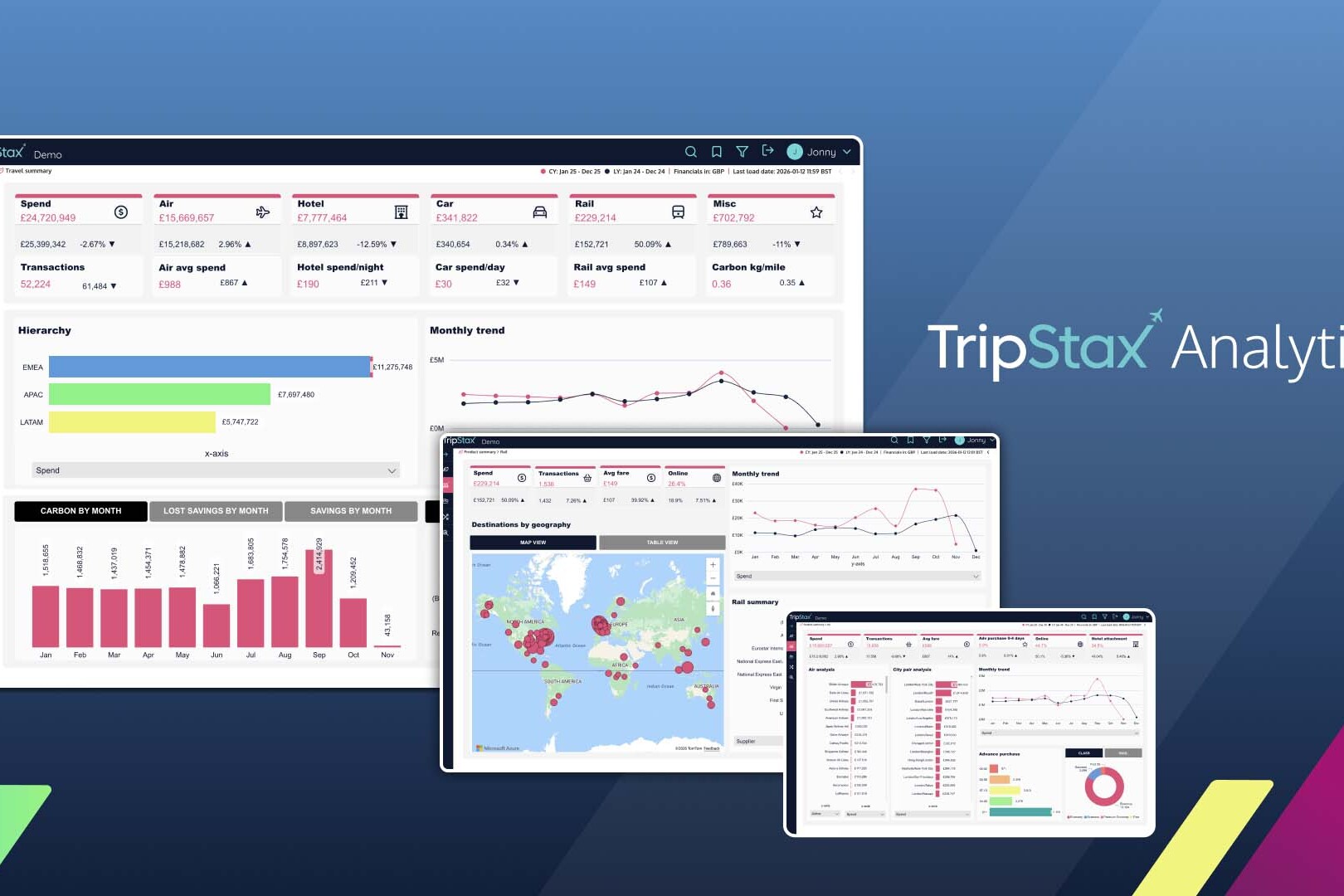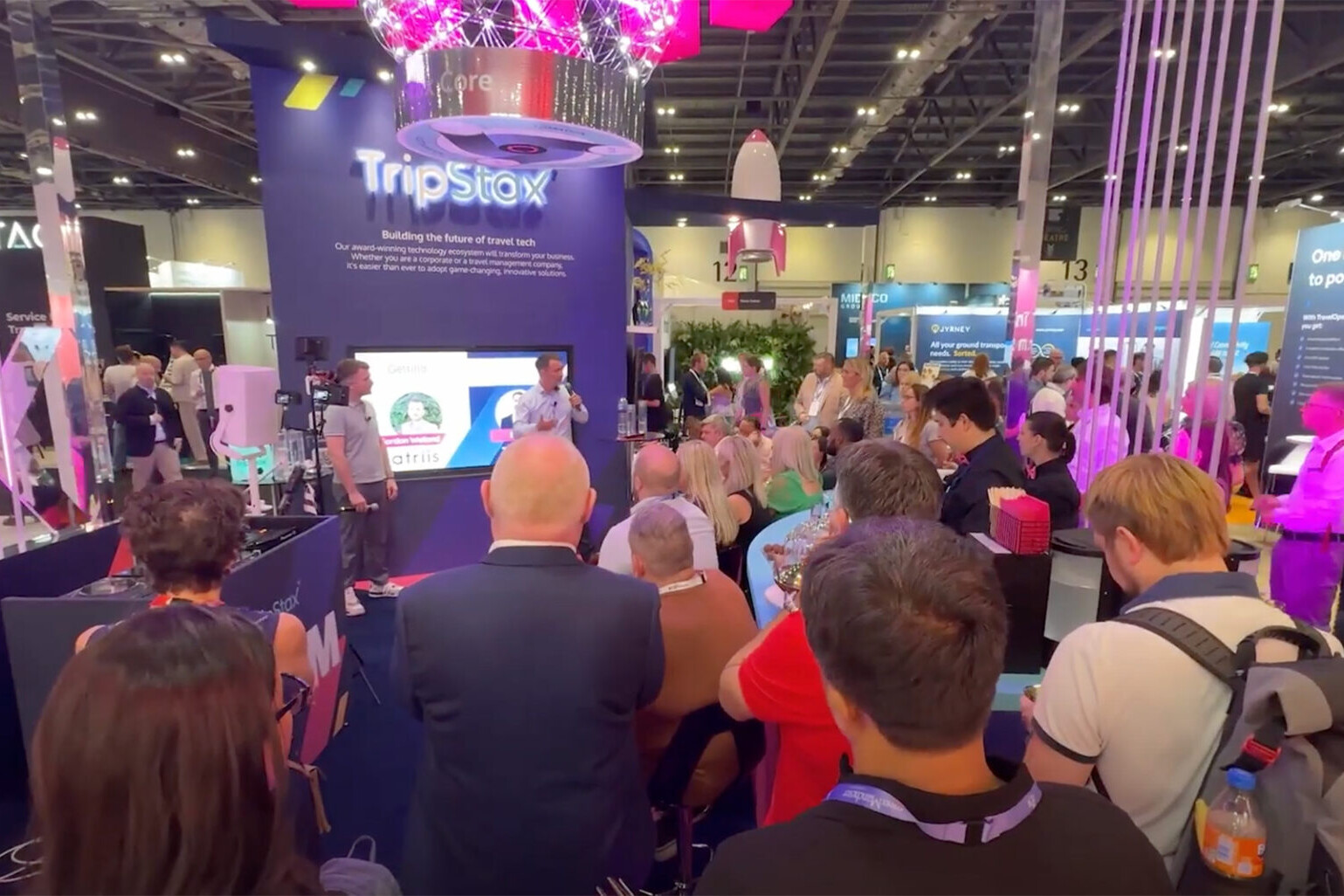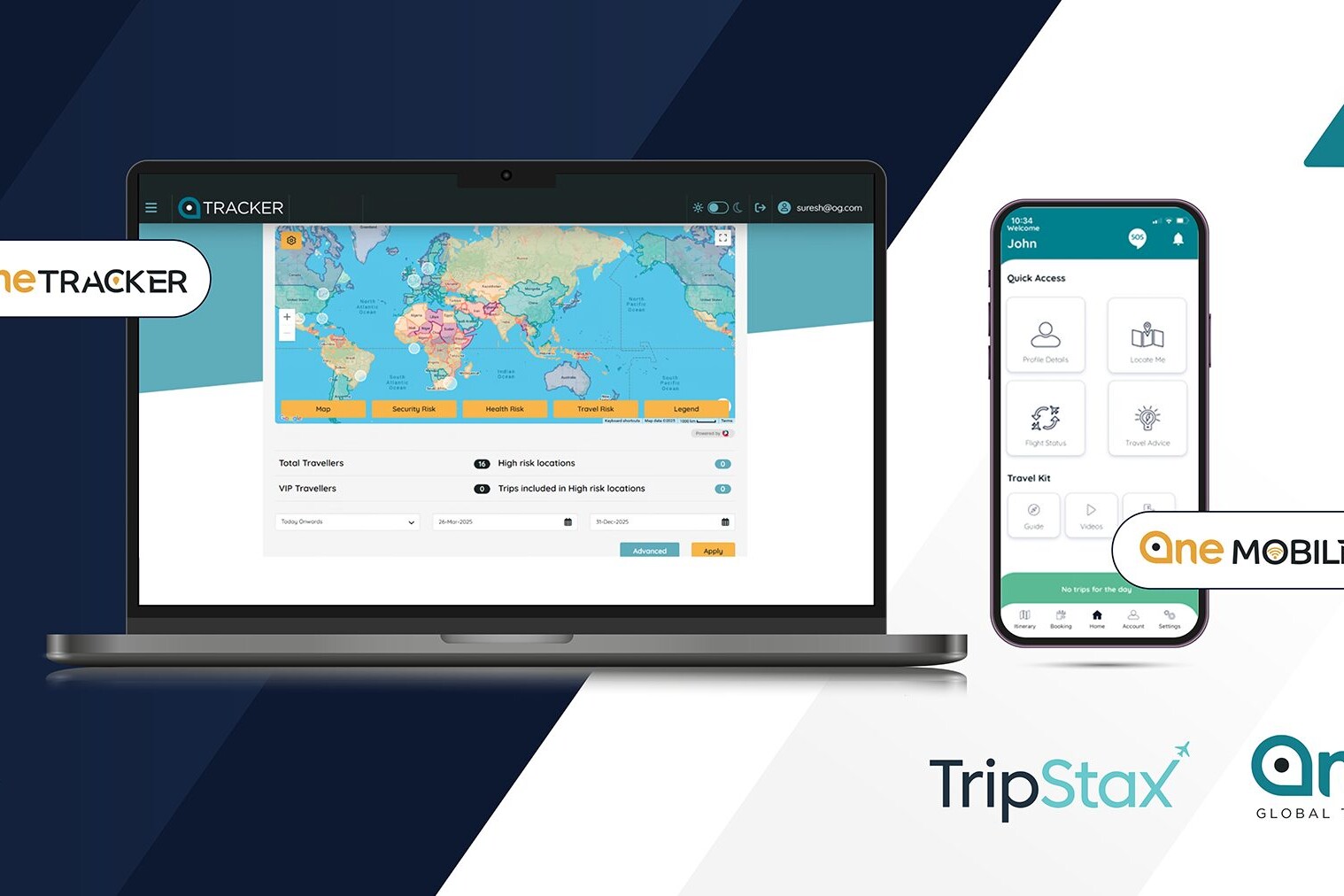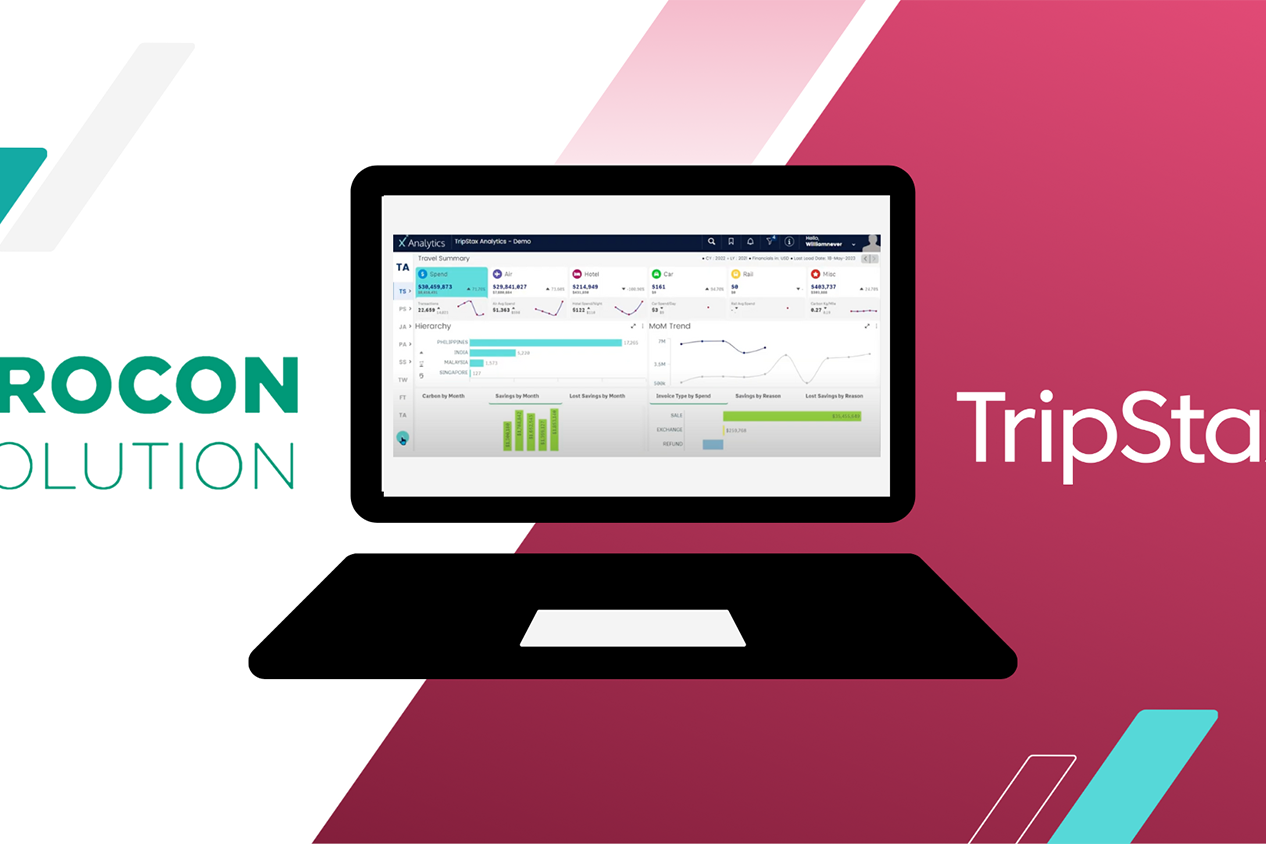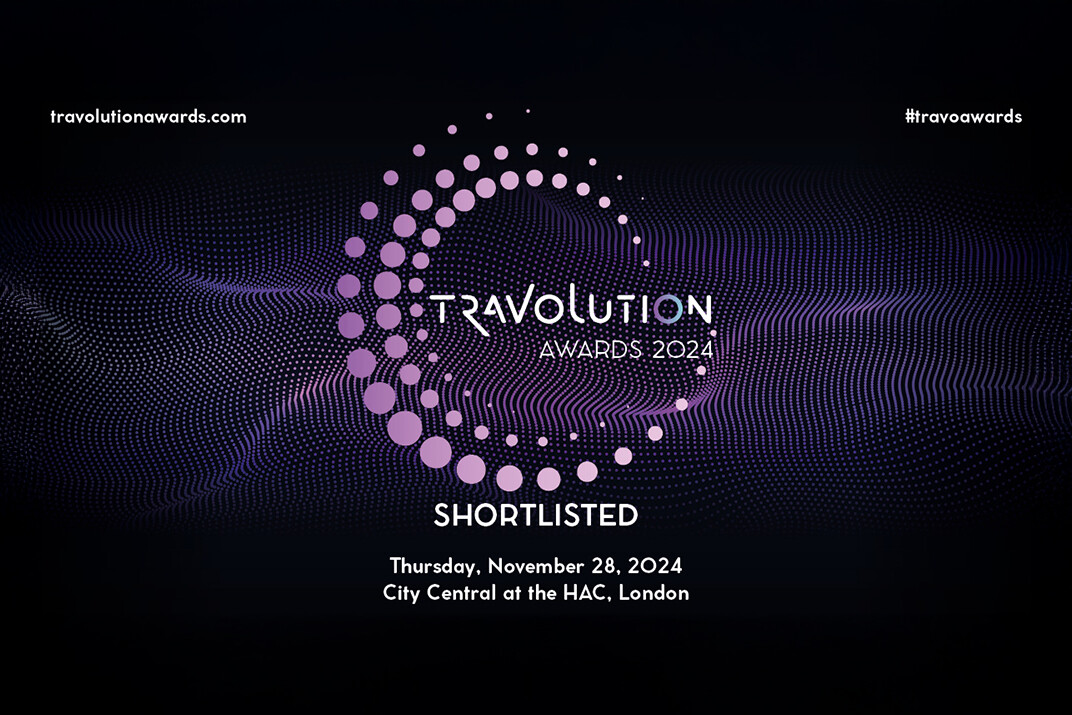This figure, at an average segment-to-trip ratio of two and at an average trip value of £500, is the equivalent of the entire annual trading of a £250 million turnover TMC.
According to TripStax, the one million milestone, which comes just three years after the tech provider launched the TripStax Core and interconnected stack of travel management modules, is a clear barometer of the health of the travel industry’s processes. It represents a core indicator of the volume of bookings that TMCs are making outside of the primary GDS channels, something that TripStax monitors closely as part of several significant projects currently underway with key customers and partners.
The travel industry has long relied on passive segments to enable bookings made outside of the GDS to be processed through an agency’s internal systems. Agents must input flight numbers, dates, times, and other details of such bookings into the GDS PNR to ensure that all bookings are properly documented and tracked for itineraries, accounting, reporting, and record-keeping purposes.
As part of the requirement of many agencies to feed their mid, back office and other downstream systems via the GDS, TripStax believes that the presence and use of passive segment points towards not only the volume of content split in and out of the GDS, but also potential operational efficiencies and commercial risk for TMCs.
Noting the significance of the milestone, David Chappell, Chief Product Officer at TripStax said: “Thanks to the increasing adoption of NDC, as airlines and content providers look to distribute directly to agents and consumers, the growing reliance on the GDS to continue to enable TMCs’ downstream systems via the humble passive segment intensifies. Once a go-to solution for an agency, the ‘passive’ is rising up the agenda due to TMCs’ commercial pressures and the quest for operational efficiency.
“If TripStax’s database was an agency and we were charged £2 per passive segment, this could represent a threat of as much as £2M to the bottom line of the agency, plus additional costs and potential lost GDS segment revenue of a further £2M. That is material for anyone. Whilst that figure may sound overly dramatic, given that many GDS contracts have clauses to offset the use of passives and their charges, engaging in eliminating them through agnostic technologies like TripStax QC would be a prudent course of action both operationally and financially, should the market change against passives in due course,” he said.
More news from TripStax
TripStax Announces Major Investment in Analytics Platform – featuring new AI capabilities and high-performance features
Business travel technology specialist TripStax has announced a major investment in its Analytics solution. The fully…
TripStax Named Finalists for Multiple Awards in 2025
TripStax is on the countdown to the 2025 autumn business travel awards season and we are thrilled to be named finalists…
Paying to be Passive’ fireside chat at The Business Travel Europe Show
The TripStax stand at the 2025 Business Travel Europe Show at London Excel on 25th & 26th June was the place to be with…
TripStax and One Global announce strategic partnership
Business travel technology specialist TripStax and One Global, the community of global, independent TMCs established by…
TripStax wins Best Data Analytics Platform at Travolution awards
TripStax is thrilled to round off the 2024 awards season by winning ‘Best Data Analytics Platform’ at the Travolution…
Tripgrid specialist group and team travel OBT now available to TMCs via TripStax
Travel technology provider, TripStax, has forged a reseller agreement with US-based technology start-up Tripgrid,…
TripStax officially named ‘Hot Travel Startup for 2025’ by Phocuswire
TripStax is honoured to be recognised as one of the ‘Hot 25 Travel Startups for 2025’ by PhocusWire, the…
TripStax bolsters data connectivity capabilities with integration of Procon’s ProTAS mid and back-office solution
Business travel technology specialist, TripStax, is continuing to bolster its data connectivity and integration…
TripStax counts down to Travolution awards ceremony
TripStax is on the countdown to the Travolution Awards on 28th November, the biggest annual celebration of the talents…
